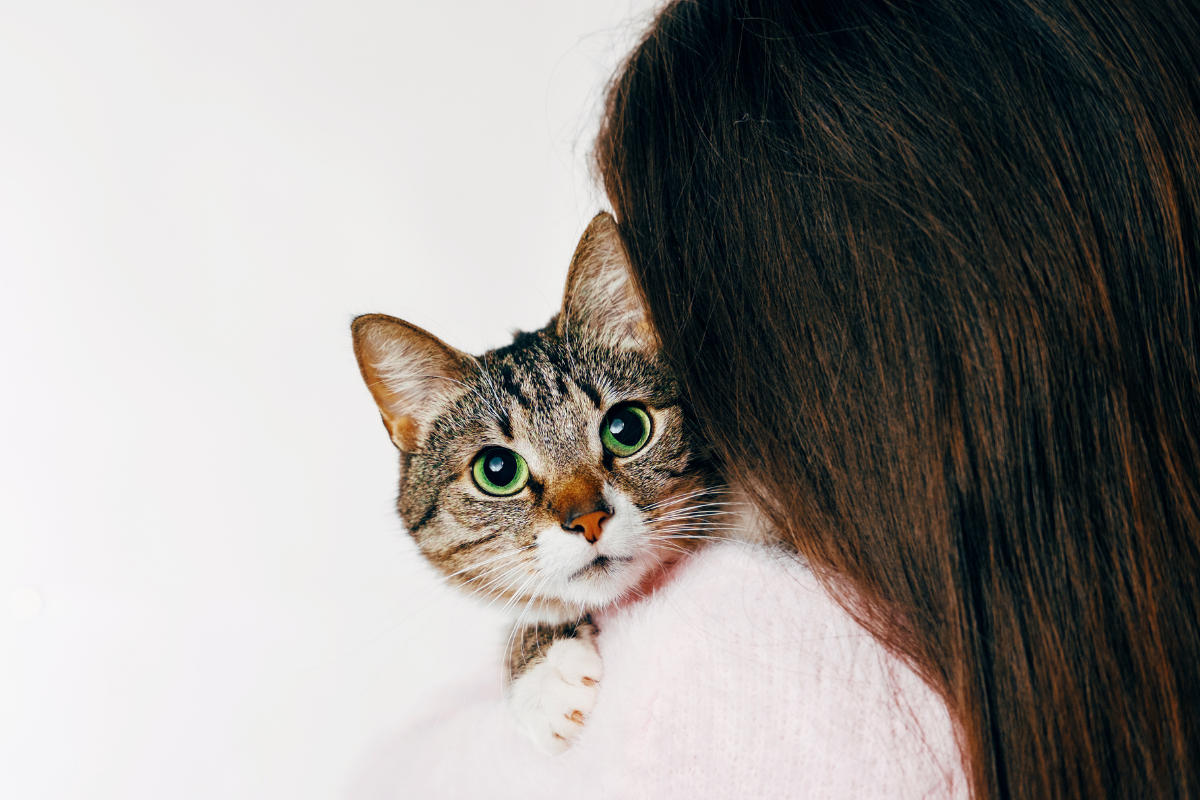Researchers based at the University of Geneva analysed 18 years of data from the Survey of Health, Ageing and Retirement in Europe, tracking over 16,000 adults aged 50 to 99. They discovered that dog owners retained sharper immediate and delayed memory, while cat owners maintained stronger verbal fluency - their ability to find the right words and communicate.
-
Dog owners: showed slower decline in both immediate memory (like recalling a name right away) and delayed memory (remembering it later).
-
Cat owners: experienced preservation of verbal fluency - the mental flexibility needed for word‑finding and coherent speech.
-
Fish and bird owners: saw no significant cognitive benefits, commonly because those pets offer less emotional interaction, shorter lifespans, and minimal daily care demands.
Why pets matter: the brain‑boosting mechanisms
The study’s authors suggest several reasons why cats and dogs seem to support cognitive resilience:
-
Emotional bonding and mental stimulation: interacting with a dog or cat increases emotional arousal, offers unexpected behaviours to interpret (especially from cats), and provides mild daily challenges - all of which engage brain circuits.
-
Prefrontal activation: prior research has shown that pet interactions stimulate brain regions involved in memory, attention, and language.
-
Enhanced social interaction: dog walking often leads to meeting neighbours or other pet owners. Cats, for some, fill a role in their social world as non‑human companions, providing subtle psychosocial support.
-
Reduced loneliness and stress: loneliness is a well‑known risk factor for cognitive decline. Pet ownership can combat social isolation, lower stress hormones like cortisol, and produce bonding hormones such as oxytocin.
Other studies have backed up these findings:
-
A follow‑up of the Baltimore Longitudinal Study of Aging found that dog and cat owners experienced less decline in memory, executive function, and processing speed - especially those who walked their dogs regularly.
-
A neuroimaging study with 95 adults showed that pet owners, especially dog owners, had better processing speed, attention, episodic memory, and even larger brain structures - and pet ownership could reduce estimated “brain age” by up to 15 years.
What this means for you
While we can’t guarantee your beloved moggy will prevent dementia or halt cognitive decline entirely, the evidence suggests that cat or dog ownership is a meaningful lifestyle factor that supports healthy aging.
More than simply owning a furry companion, the lifestyle and constant flow of activity are great for our brain health. Engaging with your pet, walking the dog, playing games with your cat, learning cues and bonding have a huge impact on our brain health.
If you aren’t in a position to own a pet currently, spending time with friends’ pets or volunteering at animal shelters can deliver many of the same benefits for emotional health and mental stimulation. And of course, cat cafes are a new phenomenon that Brits have embraced wholeheartedly.
Key Take‑aways
-
Cat and dog ownership is linked with slower decline in memory and language functions in people over 50.
-
Other common pets like birds and fish were not associated with cognitive benefits
-
Regular interaction, emotional bonding, physical activity, and reduced loneliness appear to drive the brain‑protective effects.
-
Given an ageing global population and rising dementia rates, having a furry companion might be a fun, accessible, and preventive health strategy for mental wellbeing.









